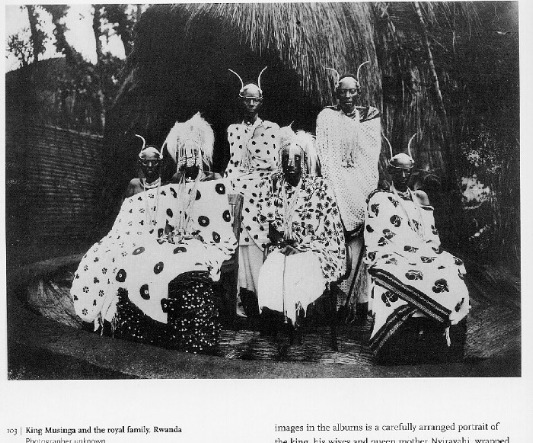
Just a stone throw away from Rusizi (formerly Cyangugu) district lies a historical site that is linked to once exiled King Yuhi V Musinga, who among many, tested the bitter history of colonialism in Rwanda. Musinga, who came to power in 1896 as a young teenager through a coup that overthrew King Rutarindwa, the authentic successor to King Kigeli Rwabugiri, collaborated with the Germans to strengthen his kingship. During his reign, the Germans were used to re-assert royal authority over other autonomous chiefdoms and they (court delegates) served as colonial administrators.
However, the German’s indirect rule came to an end after being replaced by Belgians — something that tasted bitter for King Musinga. This deepened further sowing seeds of hatred when Musinga reluctantly refused to work with subordinates and, to make matters worse, was refused to be baptised as a Roman Catholic.

Historical Background
As King Yuhi V Musinga struggled to regain power towards late 1929 and re-establish control over his kingdom, the Belgians, on the other hand, were playing their cards tactfully to prevent this by trying to remove and dispose him. This move was led by the new governor of Ruanda-Urundi, Charles Voisin, in the late 1930.
Musinga kept struggling to build his power to an extent that the Belgians feared that some notables would rally behind him. The king became increasingly set against the white fathers and Christianity at the time when Bishop Monsignor Classe lost admiration for one of Musinga’s sons, Rwigemera, in favour of Rudahigwa who later converted to Christianity. Belgians were very much convinced that when Musinga is disposed, Rudahigwa would be the right candidate.
One could hardly explain this kind of fear and distrust that had erupted in the land of a thousand hills. The Belgians planned to transform the bases of the King’s legitimacy and to use his power for their own selfish ends. They expected him to be proud of the sky-blue uniform with gold braid but Musinga preferred the beaded head dress and leopard skin.
All important notables were summoned to Kigali on 12th November, 1931, to hear the governor speak about the new economic programme. That very morning the governor told Musinga about the disposition and ordered him to be ready to leave within 48hrs to Kamembe — a place that would be his future residence. The king accepted the news as he expected it for a long time. Musinga left Nyanza on 14th November, 1931 to Kamembe — a well selected area that was considered distant from Rwanda not just geographically but culturally as well. This reduced the capacity of the now disposed king to interfere with matters of the kingdom.
‘Umudugudu wa Musinga’
Museums of Rwanda discovered more heritage sites than it has had since independence in 1962 — an indication that there is still a lot of history out there to be documented.
“Umudugudu wa Musinga” in Rusizi is just one of the several historical sites in the country that, if not preserved, risk disappearing to the detriment of the country’s history. Considering the uncertainties surrounding historical backups around the globe, there is need for Rwanda to establish its position by developing strategies that will ensure adequate protection of the country’s heritage.
As custodians of culture, Institute of National Museums of Rwandais working round the clock to set up preservation, maintenance and sustainability measures to ensure that these sites continue communicating undiluted and undistorted information. Sign posts will be erected at the site to guide visitors. At the same time collection of more information regarding the site is going on and will be packaged in form of booklets.


